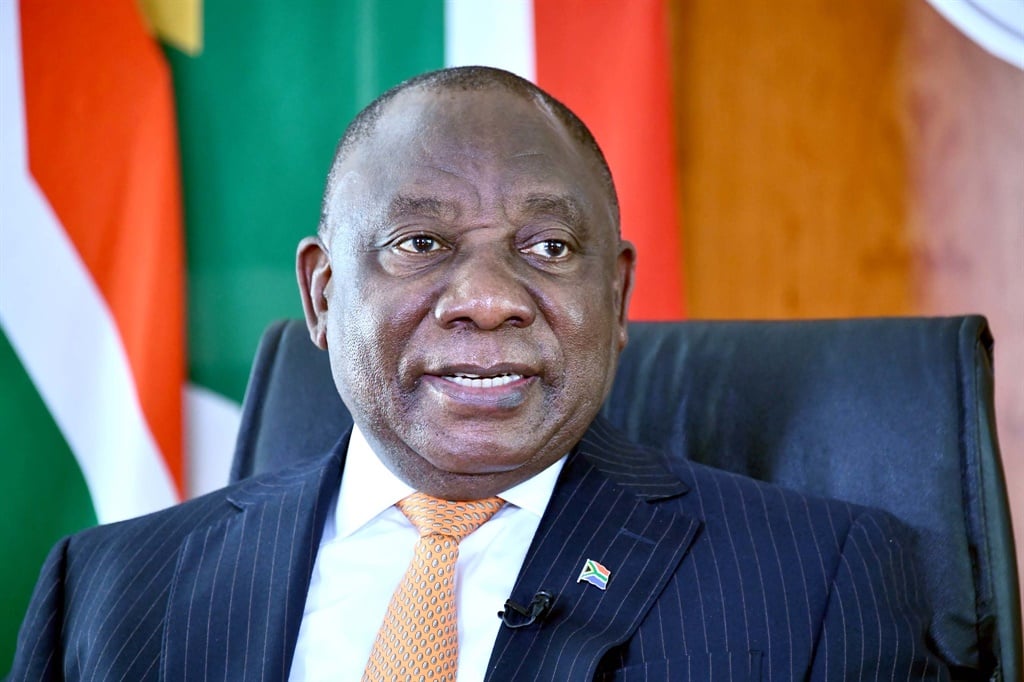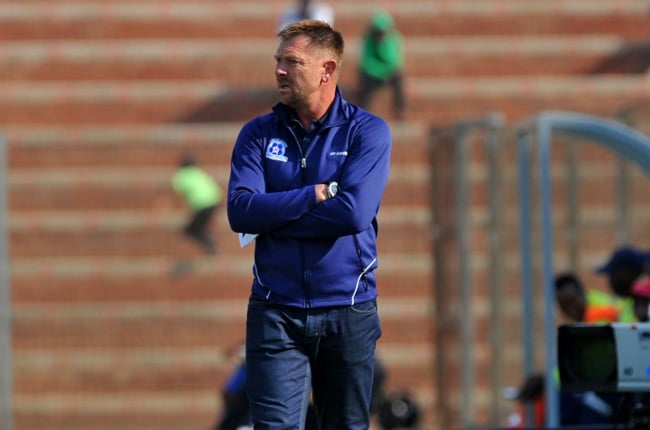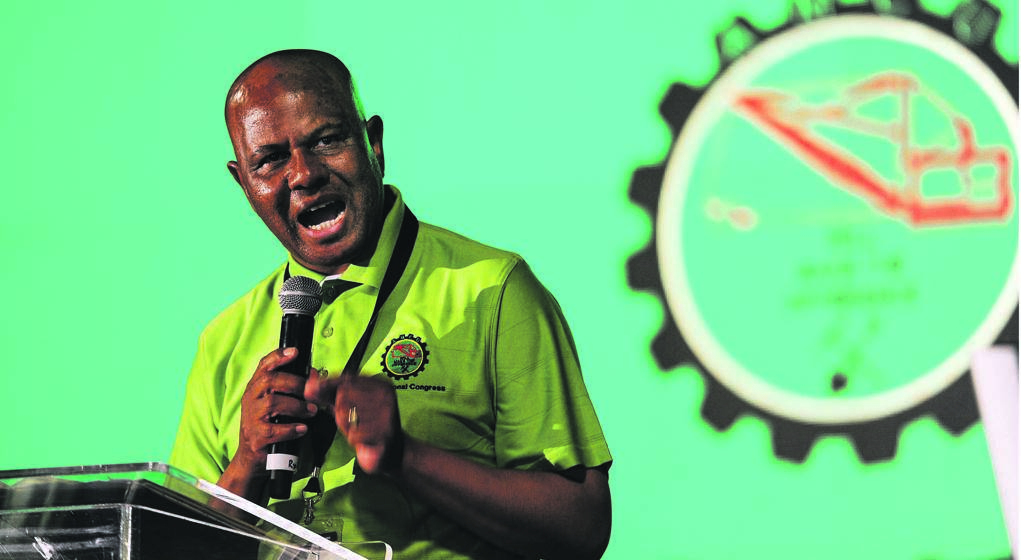- At the eighth anniversary of the Marikana massacre, AMCU president Joseph Mathunjwa called for the transformation of the SA economy.
- Mathunjwa dubbed the fatal event eight years ago as the Sibanye-Stillwater massacre.
- He also said the government should revise the education system, as well as trade agreements, to protect local industry.
It’s time the SA economy moved away from being extractive and instead empowered workers through industrialisation, said Joseph Mathunjwa, president of the Association of Mineworkers and Construction Union (AMCU).
Mathunjwa, on the eighth anniversary of the Marikana massacre, delivered an address in Johannesburg on Sunday.
On 16 August, 2012, 34 mineworkers were gunned down during a protest at Lonmin Platinum’s operations in the North West town of Marikana.
“What happened on 16 August, 2012, was carefully planned and orchestrated by the unholy alliance of the state and capital, to protect their interests. It transformed a democratically-elected government into a fascist state,” said Mathunjwa.
He dubbed the fatal day as the “Sibanye-Stillwater Massacre”.
Sibanye had acquired Lonmin’s operations nearly seven years after the event – in June 2019.
But, in his remarks, Mathunjwa said that Sibanye-Stillwater was no different to its predecessor, using the same “modus operandi”.
“We previously said it is wrong to call it the Marikana massacre. Marikana only refers to the place where it happened, and not the responsible party, which was Lonmin.
“We said it should be called the Lonmin massacre. But now Sibanye-Stillwater has been given Lonmin as a trophy for their exploitation of workers’ rights,” he said.
“We are going to call it the Sibanye-Stillwater massacre, these people are cousins, they are the same. Their behaviour, how they walk, how they hear, how they see, how they perceive, how they draw opinions on black lives, is the same,” said Mathunjwa.
Sibanye-Stillwater senior vice-president James Wellsted said Mathunjwa’s remarks on Sibanye-Stillwater’s involvement were “clearly spurious and disingenuous”.
“Sibanye-Stillwater did not even exist in 2012, when the tragic events at Marikana unfolded and, other than the recent acquisition of Lonmin by the group, to try and imply a link between Sibanye-Stillwater and those events is absurd,” said Wellsted.
As the new owners of the operations, Wellsted said Sibanye-Stillwater acknowledged the legacy of Marikana as well as the social responsibilities associated with it acquiring Lonmin.
“We are committed to creating a new future in the region along with our stakeholders. This includes addressing past injustices, including appropriate reparation for the 44 widows and families who were directly affected by the tragedy,” he said.
Commenting more broadly on the economy, Mathunjwa said the massacre was a “tipping point” of the deep-rooted injustices of the structural deficiencies in the SA economy.
He explained that since the first anniversary of the massacre, the union had been calling for a more transformed economy, moving away from its extractive nature, which created wealth for other nations.
“It is time for industrialisation and investment in our own infrastructure,” said Mathunjwa.
The government should place a moratorium, only allowing 60% of platinum and other minerals to be exported, while having the remaining 40% beneficiated domestically, to create jobs, he said.
The union also wants to have trade agreements reviewed and to see tariffs in place to protect industry and to ensure the country does not become a “dumping ground” for exports.
“As workers, we produce things we don’t consume and can’t even afford; this is an unsustainable economic model.”
Mathunjwa also said the South African education system must be revamped, to produce job creators and not job seekers, as the education system is designed to serve a capitalist power.
In calling for an end to capitalism, he also said that the recently acquired $4.3 billion loan from the International Monetary Fund (IMF), to aid efforts to combat Covid-19, was capitalist approach to solving problems.
“Capitalism alone can’t address the challenges of Africa,” he said.
Mathunjwa added that the IMF loan would leave future generations indebted.
In a separate statement on the massacre, the government said that while work has been done in conjunction with the private sector to “change lives” of those living in Marikana, more needed to be done for communities across the country.
GCIS director-general, Phumla Williams said the government was focused on restoring confidence in the labour market, in order to address income inequalities and socio-economic challenges, among other things.
We know this was a long read and your time is precious. Did you know you can now listen to articles? Subscribe to News24 for access to this exciting feature and more.

 Scientists have finally figured out why microwaved beverages taste like hot garbage.
Scientists have finally figured out why microwaved beverages taste like hot garbage. 









